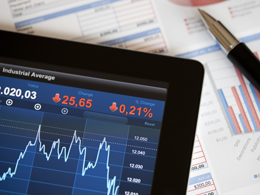The news here in the U.S. is all about the election. In Europe, it’s all about the migrant crisis and the politics surrounding it, at both the national and EU levels.
In many ways, the U.S. election and those in European countries boil down to the same thing: the conflict between the nation—defined as the people who “belong” there—and those who don’t belong.













